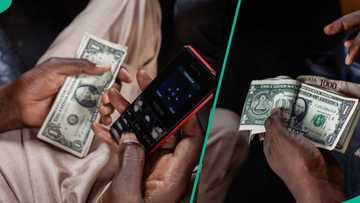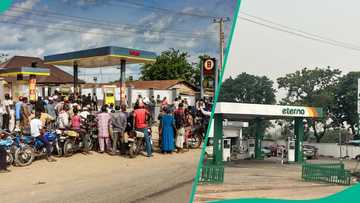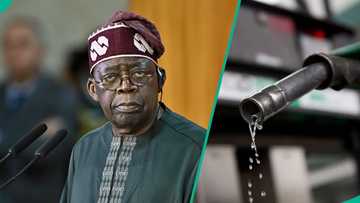Forex Gap Closes As Speculations Decline, Reserves Hit $43bn
- The naira strengthened at the official window and on the parallel market in the past few months
- The performance has been driven by rising reserves and renewed investor confidence after CBN reforms
- Nigeria’s foreign reserves have also climbed to $43.05 billion which gives more firepower to the CBN
Legit.ng journalist Dave Ibemere has over a decade of experience in business journalism, with in-depth knowledge of the Nigerian economy, stocks, and general market trends.
Nigeria’s naira continued its steady rally across markets, helped by rising foreign reserves, renewed investor confidence, and reforms implemented by the Central Bank of Nigeria (CBN) under Governor Olayemi Cardoso.
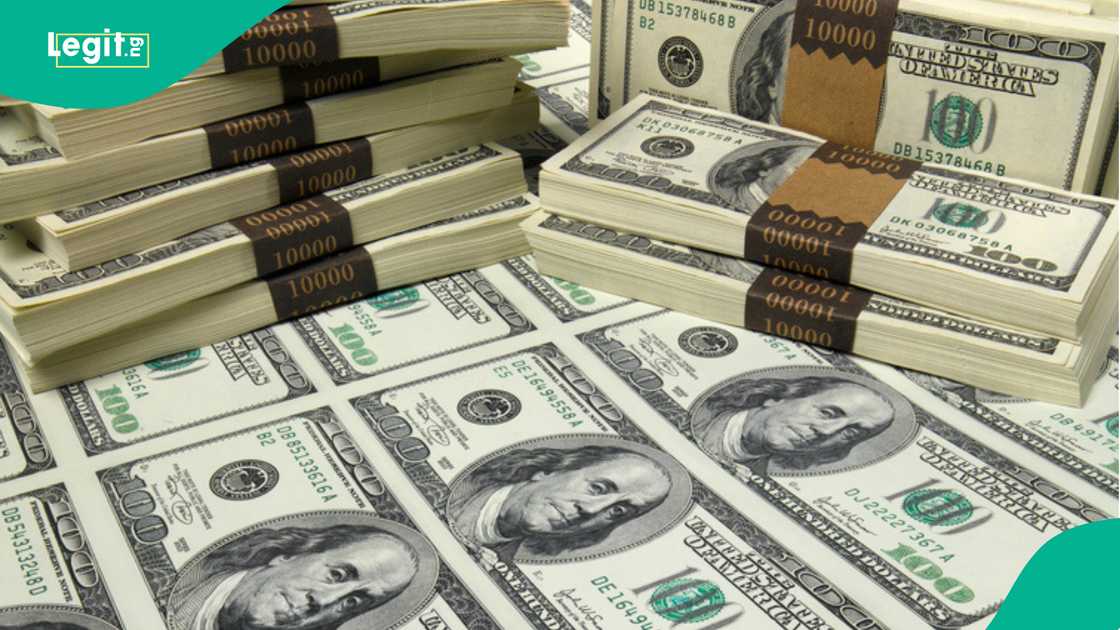
Source: Getty Images
The naira has traded at around N1,460 per dollar at the official window and N1,470 on the parallel market, its strongest level this year.
Why the naira is rising?
The appreciation follows increased dollar inflows from Foreign Portfolio Investors (FPIs), International Oil Companies (IOCs), and consistent CBN interventions in the foreign exchange market.
Foreign reserves have surged to $43.05 billion as of September 11, 2025, up from $40.51 billion in July, providing 8.3 months of import cover.
The second-quarter current account surplus also expanded to $5.28 billion, reflecting stronger external buffers.
Vanguard reports that analysts at Commercio Partners said the naira’s gains are supported by reduced speculative trading, growing investor inflows, and a more transparent FX framework.
Ifeanyi Ubah, the firm’s head of research:
“With reserves strengthening and oil earnings improving, the rally appears more sustainable than in previous cycles."
Currency traders in Lagos confirmed that speculation has sharply declined as the gap between official and parallel rates narrows.
Garuba Sarki, a forex dealer told Legit.ng:
“The market expects the naira to gain further as inflows rise."
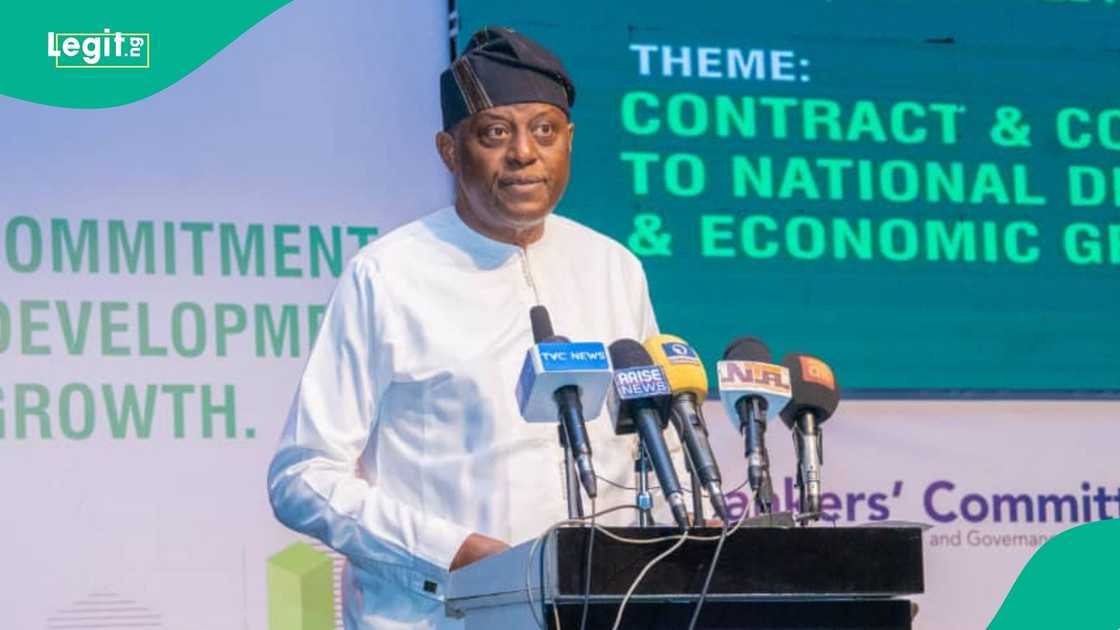
Source: Getty Images
CBN refoms under Cardoso
Several changes have been intrduced since Yemi Cardso replaced Godwin Emefiele as CBN governor.
These reforms, including the introduction of the Foreign Exchange Code (FX Code) and the Electronic Foreign Exchange Matching System (EFEMS), have improved transparency and reduced arbitrage.
The FX Code enforces ethical conduct and governance among dealers, while EFEMS provides real-time market data to curb speculative activities.
Cardoso said the reforms mark “a new era of transparency and accountability” in Nigeria’s FX market.
The CBN has also lifted restrictions on 41 previously banned items and expanded access for legitimate businesses to obtain foreign exchange and also pay off outstanding debts.
To attract more dollar inflows, the CBN recently launched two new products: the Non-Resident Nigerian Ordinary Account and the Non-Resident Nigerian Investment Account, aimed at simplifying remittances and encouraging diaspora investment.
There is expectation that sustaining the naira’s rebound will depend on disciplined fiscal management, higher oil output, and continued diversification of export earnings.
MPC member predicts new exchange rate by Dec
Earlier, Legit.ng reported that Murtala Sabo Sagagi, a member of the CBN committee, in his personal statement after the Monetary Policy Committee (MPC)’s 301st meeting, predicted that the naira would appreciate further
As part of its efforts to boost the naira, the Central Bank of Nigeria injected over $500 million into the FX market.
Data from FMDQ Exchange showed total FX inflows fell 12% month-on-month to $3.4 billion in August.
Proofreading by James Ojo, copy editor at Legit.ng.
Source: Legit.ng


